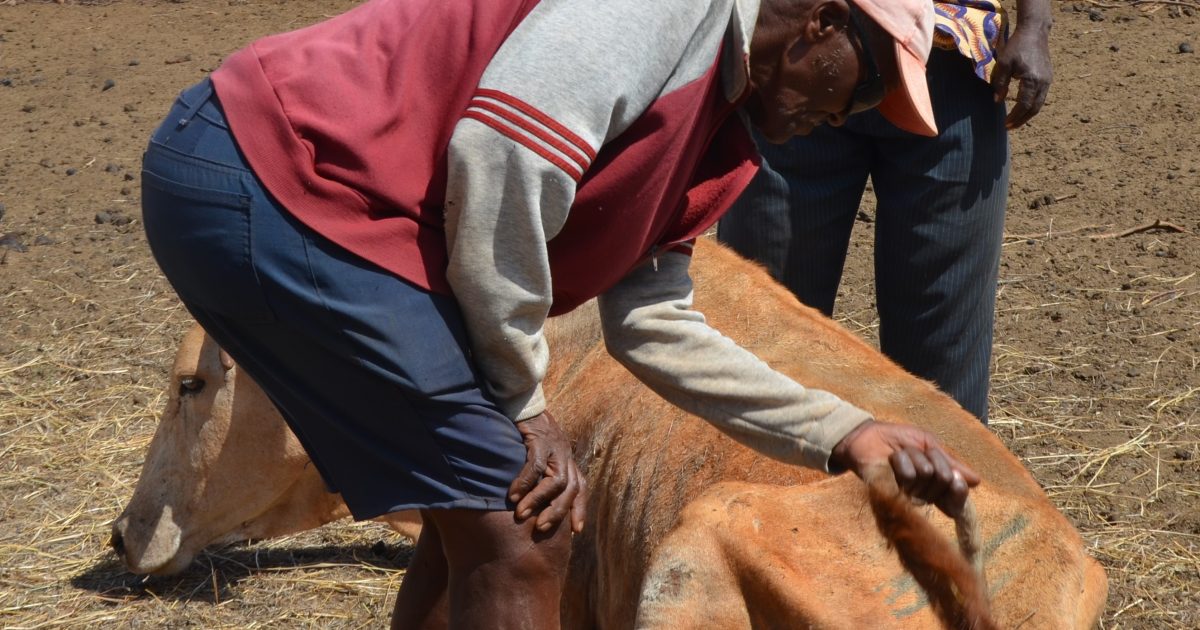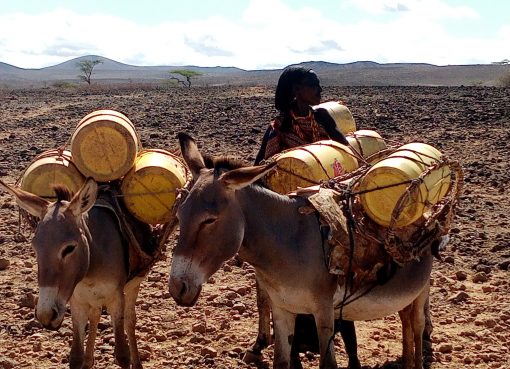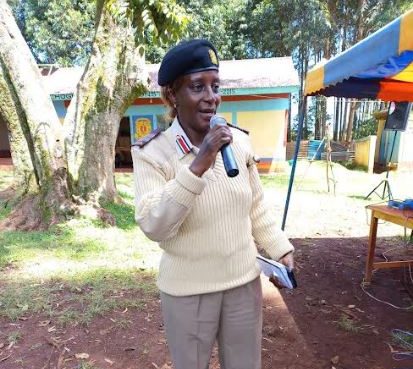In fair weather, a drive into the heart of Mramba ranch near Maktau in Taita Taveta is a countryside safari treat of nature at its best.
The plush greenery cocktail of flora and plentiful range of wild animals would easily convince one to make plans for a safari to this side of the country.
However, all that glory is gone following a devastating drought that has left in its wake the deaths of livestock and a dire situation for water and livestock feed.
At one of the livestock camps of one Stephen Ngure within Mramba Ranch, death has visited his herd of cattle not once but several times over as the devastating wave of the ongoing drought bites deep.
Scouting around his camp, several cow skeletons litter the scenery with mounds of flies and scavengers having a field day from the plentiful supply of free meat.
“As you can see for yourself, my livestock camp has tasted death several times. It has become a windfall harvest for flies and vultures from my loss,” said Mr Ngure.
Not far from Ngure’s camp, the same script of livestock deaths and the devastating state of drought has visited the camp of one Josphat Wamwandu, another livestock keeper in Mramba ranch.
“I’m reeling from heavy livestock losses from this drought. I have lost tens of heads of cattle and I continue to count,” said Wamwandu.
With the worst wave of drought hitting the county and the country in recent years, livestock farmers in arid and semi-arid areas have been left counting losses as animal deaths due to water and forage shortages become commonplace.
“We’re experiencing one of the worst drought waves to ever hit the county and country in recent years. The results have been stressed levels of water and animal feed,” said Gabriel Mbogho, the county coordinator for drought management.
Mbogho added that the national and county governments are aware of the status on the ground and doing everything to avert a worst-case scenario.
“Yes, we’re aware of how things are on the ground and we’re doing everything in our power to avert a crisis,” said Mbogho.
Several mitigations are already underway according to Mbogho and they include the rehabilitation of water pans in several dry areas of the county, the construction of a water pipeline to Sagalla, and the distribution of livestock pellets to livestock farmers to supplement livestock feed.
The prayers of many farmers like Ngure and Wamwandu are for the short rains to come soon and for the county and national governments to step up efforts to avail water and animal feed.
“We’re praying for the short rains to start. In the meantime, we hope that the county and national governments will step up their efforts to secure water and feed for our livestock,” said Ngure.
By Arnold Linga Masila




